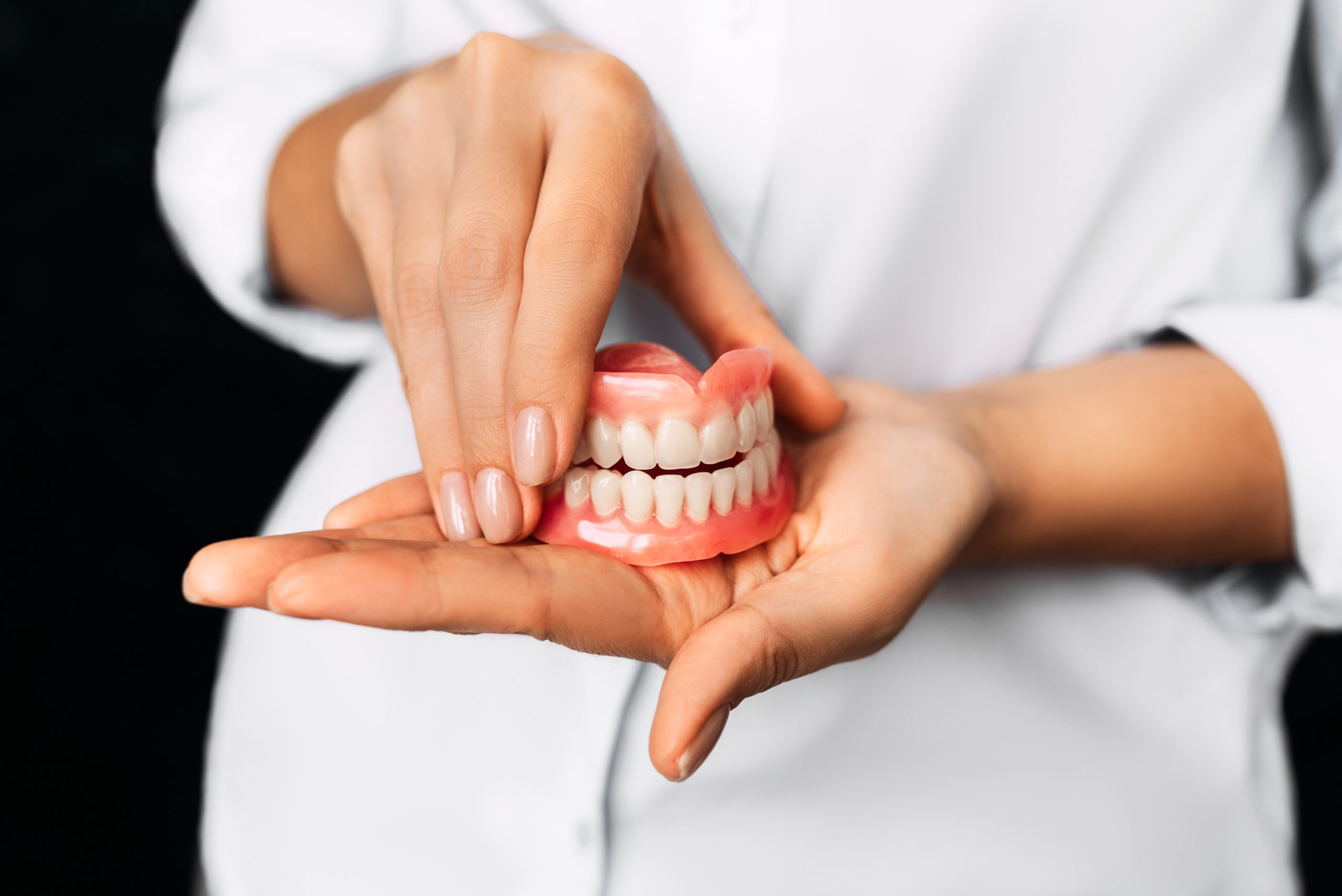
Have you lost some, most, or all of your natural teeth? If so, you might be wondering how much you can realistically expect from dental appliances. Is it possible to restore how your smile looks, functions, and feels? The Magic Smiles Dental Implant Centre team offers two options: traditional prosthetic dental devices and implant-supported devices.
There are fundamental differences between these two types of prosthetic dental devices. Whether you need a crown, bridge, or denture, here are some things that you need to consider before scheduling your consultation with a trusted NSW dentist.
Removability and Stability
Dentists secure traditional prosthetic dental devices in different ways. Crowns and bridges are attached to existing teeth—thus, deemed non-removable. On the other hand, denture prosthetists craft traditional dentures from an acrylic base with artificial teeth. Traditional dentures float on top of the gums, and wearers attach them with denture adhesive. Some denture wearers complain about shifting because it creates particular challenges, including:
- Slippage
- Difficulty eating and speaking
- Discomfort
- Mouth sores
Famously, implant-supported devices are secure and non-removable because the implant is directly inserted into the jawbone. Thus, creating a stable foundation for a prosthetic dental crown, bridge, or denture.
Procedure
Typically, dentists fit and install traditional prosthetic dental devices in just a few visits. However, the procedure process for dental implant-supported restorations is much more complicated. Dental implants require straightforward oral surgery and healing phases. Depending on the health of your jawbone, you might need a bone graft. Furthermore, bone grafting can solidify a base for the implant. Every patient heals differently, but it can take several months for your dental implant site to heal.
Jawbone Health
Did you know that your teeth are a critical component of preserving your jawbone density? Your natural teeth are embedded into your jawbone, and they are responsible for stimulating it through chewing and biting.
The alveolar bone is the portion of the jawbone that affixes the teeth in the mouth. It no longer receives stimulation when you lose a tooth. Consequently, the jawbone resorbs (begins to break down) when the tooth root is no longer present. This happens because the body believes it no longer uses or needs the jawbone, deteriorating and disappearing.
The key feature that distinguishes dental implant-supported devices from traditional prosthetic dental devices is the implant itself. Unlike traditional prosthetic dental devices, the dental implant mimics the natural tooth root, preserving the jawbone.
Risks
Tooth and jawbone loss is an ongoing issue with some traditional prosthetic dental appliances (such as bridges and dentures). Some potential issues include:
- Misalignment of remaining teeth
- Collapsed, distorted facial features
- Limited lip support
- Skin wrinkling around the mouth
- Communication challenges
- Temporomandibular joint pain
- Inadequate nutrition
- Sinus expansion
Although dental implant complications are rare, they do happen. Generally, the risks are easily treated and minor, including:
- Nerve damage
- Sinus problems
- Injury or damage to teeth, blood vessels, or other surrounding structures
- Infection at the implant site
Lifespan
There’s a common misconception that you’re set for life when you get traditional prosthetic dental devices or dental implant-supported appliances. However, both types of prosthetic dentistry devices require maintenance and possibly replacement. For example, dentures should be replaced after 10-15 years.
Although the implant is intended to be a permanent fixture, the prosthetic dental device (such as a crown) may need replacement eventually. In fact, 50-80% of single crowns should are replaced after 15-20 years of use. Although implant failure is unusual, factors that influence dental implant failure include:
- Unsatisfactory care and maintenance
- Inadequate bone density
- Smoking
- Teeth grinding
- Medical conditions (such as bleeding disorders, diabetes, and osteoporosis)
- Older age
- Radiation therapy
- Immunosuppressive drugs and blood-thinning medications
Ready to get started with traditional prosthetic dental or dental implant-supported devices?
Whether you’re interested in traditional prosthetic dental devices or implant-supported devices, Magic Smiles Dental Implant Centre can help. Find out more information by calling (02) 6654-0650 or messaging us online.


